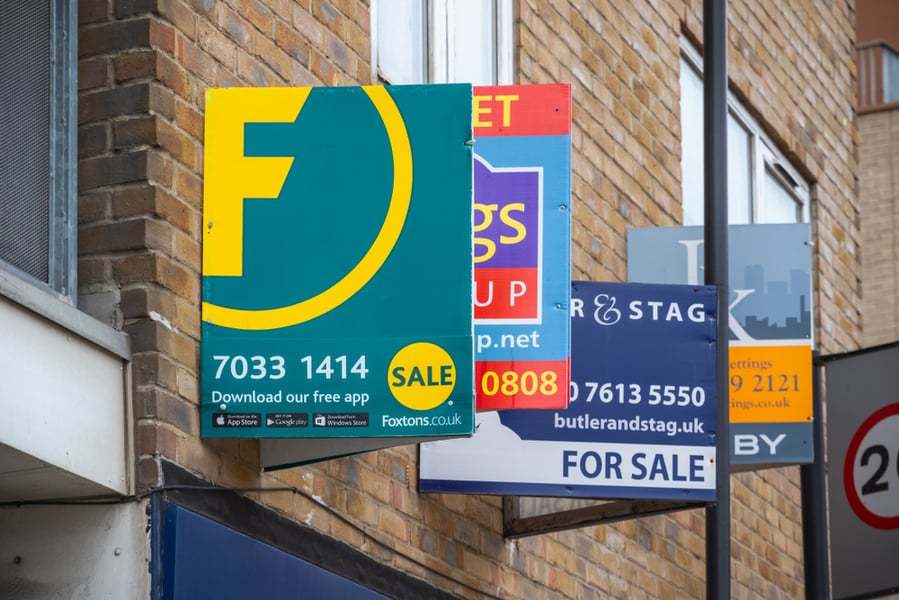However, HMRC also reported that residential property transactions were 0.2% lower than in February 2020.

According to HM Revenue & Customs’ (HMRC) latest UK Property Transaction Statistics report, the provisional seasonally adjusted estimate of residential property transactions in March 2020 was 0.3% higher than in the same month last year.
However, residential property transactions were 0.2% lower than in February 2020.
These statistics are presented as provisional due an element of estimation employed due to the impacts of COVID-19.
The provisional seasonally adjusted estimate of UK property transactions in March 2020 was 99,440 residental and 9,470 non-residential.
The provisional seasonally adjusted estimate of non-residential property transactions in March 2020 was 8.8% lower than March 2019, and 1.8% lower than February 2020.
The provisional non-seasonally adjusted estimate of UK residential transactions in March 2020 was approximately 2.7% lower than in March 2019.
For non-residential transactions, this figure was approximately 8.1% lower in March 2020 compared with the same month the year before.
Although fluctuating, HMRC reported that both residential and non-residential transactions have remained relatively stable over the past 10 years.
However, following a general upward trend from late 2013 until early 2016, non-residential transactions have plateaued in more recent years.
The non-residential seasonal pattern generally features a low point at the start of the year, with a corresponding peak each March as the financial year ends, according to HMRC’s analysis.
Nigel Purves, chief operating officer of Wayhome, said: “These figures begin to show what many might expect from coronavirus’ impact on the housing market.
“Considering the government’s lockdown only came into effect towards the end of March, and these transactions represent the whole month, this set of data will be one to watch in the coming months as we understand more about the disruption and uncertainty linked to COVID-19.
“In this climate, health is, of course, the top priority but people also need to feel secure in their home.
“Renters are more likely than ever to feel like they’re in limbo without the safety net that comes with homeownership.
“In times like these, it is especially important that individuals have the security that goes with owning a home.
“Therefore, it is essential that once life returns back to a form of familiarity, we see new pathways to homeownership prioritised and people given support to get onto the housing ladder.”
Jeremy Leaf, North London estate agent and a former residential chairman of the Royal Institution of Chartered Surveyors (RICS) added: “On the one hand, these figures are fairly meaningless in view of the impact of COVID-19.
“But on the other, they are quite interesting as they confirm what we saw before lockdown and what has been happening since – in other words, release of significant post-Brexit pent-up demand in the early part of the quarter, then very little activity.
“They show too a wave of demand likely to be released soon as buyers and sellers are telling us they are putting their plans on hold, provided damage to their own prospects and the wider economy is relatively short-lived, and financial support from the government can be maintained.”


